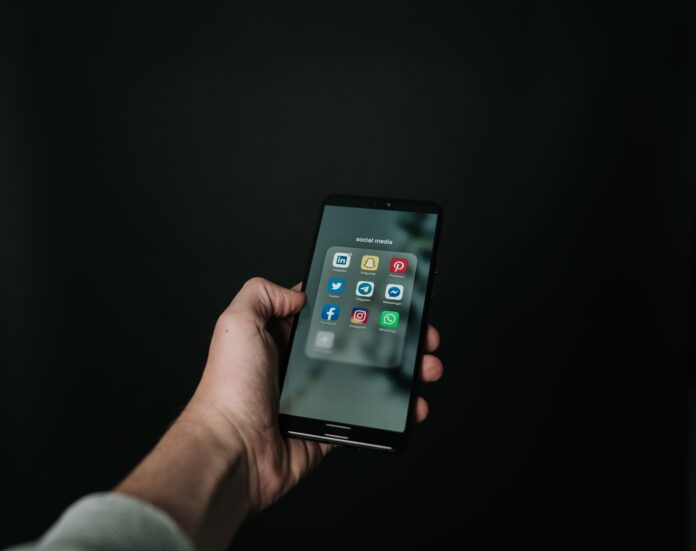It is undeniable that the advent of social media has revolutionized the way we communicate and think. While it has had some benefits, such as allowing for a flourishing of grassroots activism around the world, researchers are beginning to understand its harmful side as well.
From exposing children to thousands of advertisements, to presenting a feed of nonstop negative information, to enabling the spread of scientific misinformation, it is clear that these communication platforms deeply affect the way we perceive and think about the world around us. Thankfully, researchers are increasing their focus on the effects of social media on mental health.
Social Youth
Given that adolescence is a particularly vulnerable time in the lives of most people, particular attention must be paid to the effects of social media on the mental health of youth. That is precisely what a team of researchers from McGill University, Carleton University, the Children’s Hospital of Eastern Ontario, and the University of Ottawa did in a new study examining the effects of reduced social media use on the self-esteem of youth with emotional distress.
The authors highlight that previous research has already demonstrated a correlation between high social media use and poor body image among youth. This is not surprising, given how deceptive and opaque social media content can be. However, poor body image is itself correlated with later mental disorders, particularly eating disorders. Can something be done about this?
The Intervention
Since most previous studies have been correlational in nature, the research team used an experimental design to investigate the effects of reduced social media use on youth body image. Nearly 280 participants — all undergraduate psychology students aged 17-25 who demonstrated some symptoms of depression or anxiety — were randomly assigned to two groups: a control group that continued regular social media use, and an intervention group that was limited to one hour of social media use per day. Following a one-week baseline period, the groups entered a three-week intervention period.
To actually measure social media use, the participants were required to send screenshots of their phones’ screen time reports, which tracked their time spent in each application. The researchers used this approach as it was more reliable than self-reported measures of social media use, which have demonstrated a low correlation with actual usage.
To measure body image, participants completed a shortened version of the Body Esteem Scale for Adults and Adolescents, with a specific focus on appearance esteem and weight esteem.
Did it work?
The researchers found that the intervention group demonstrated significantly increased levels of appearance esteem and weight esteem following their reduction in social media use compared to the control group. In fact, the intervention group decreased their usage of social media apps by almost 50% during the study! This effect was observed in both male and female participants, although the participants were overwhelmingly female.
While these results are promising, and suggest that unplugging from social media — or at least decreasing usage — may have beneficial mental health effects, the authors highlight that more research is needed to understand exactly how decreased social media usage produces this effect.




































